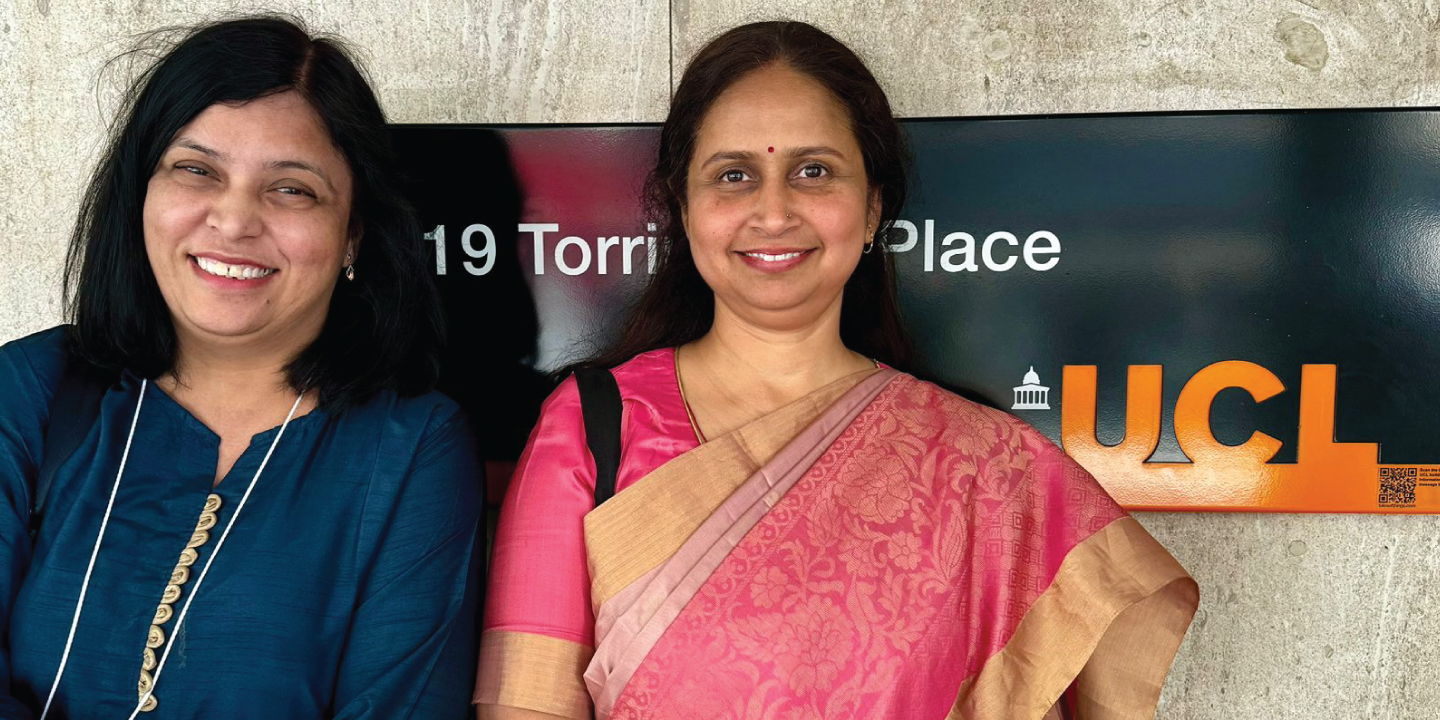
ACER researchers present at the European Conference on Education
ACER news 5 Aug 2024 3 minute readDr Abha Bhagat and Anu Radha Sharma presented their research at the 12th European Conference on Education (ECE) in London in July.
ECE 2024 was held in partnership with Birkbeck, University of London, the IAFOR Research Centre at the Osaka School of International Public Policy (OSIPP) at Osaka University, and in affiliation with University College London (UCL) at SOAS and University College London (UCL).
Using an assessment tool to improve learning in science: What does it mean?
Dr Bhagat, Research Fellow, ACER India, talked about how a well-designed diagnostic assessment tool enables the identification of learning gaps and existing alternative conceptions in science.
‘I’ve shared the analysis of students’ performance data gathered from the International Benchmark Tests (IBT) developed by ACER. My presentation focused on the skills and alternative conceptions demonstrated by students and how learning difficulties can be identified with the help of an appropriately designed assessment tool.
‘Teachers can use students’ performance data to plan their instructions to improve learning outcomes. A competency-based learning framework can act as a guide to support teachers in developing and mapping scientific concepts across a range of competencies and learning outcomes,’ she said.
Assessing the impact of a competency-based assessment workshop in India
Ms Sharma, Senior Research Fellow, ACER India shared the findings of the recent study − Evaluating the impact of a competency-based assessment workshop for Delhi government schoolteachers. Ms Sharma co-authored the research with Dr Gaurav Agarwal, Anannya Chakraborty, and Dr Priyanka Sharma.
‘Significant resources are invested in teachers’ professional development. Therefore, it is important to measure the impact of professional development interventions to inform policymakers and school leaders on the skills that improved after a workshop and topics for designing further interventions,’ Ms Sharma said.
‘We adopted a mixed-methods research design, utilising both qualitative and quantitative analyses to assess the impact of a professional development workshop. The key findings show significant improvements in the teachers’ competency-based assessment skills post-workshop. The most notable improvements were made in foundational competencies related to educational philosophy alignment, while developing assessment and reporting student achievement showed slight gains.’
To know more about our research work, write to: commsindia@acer.org